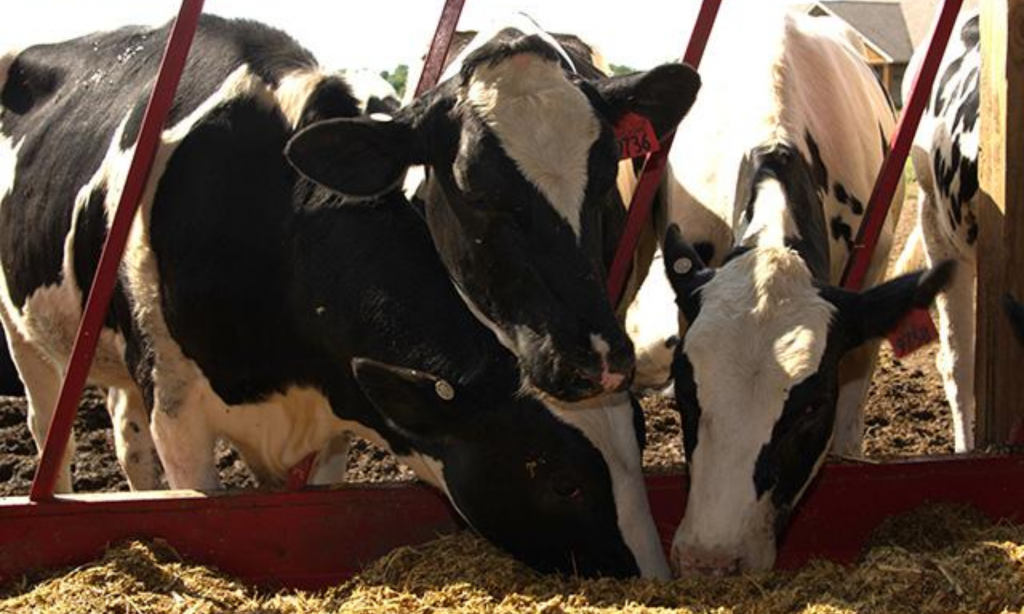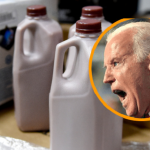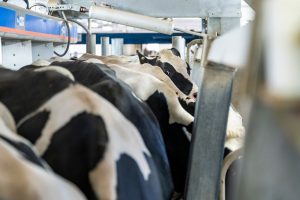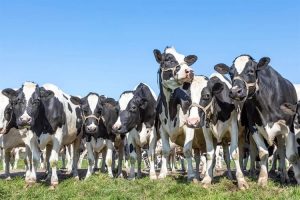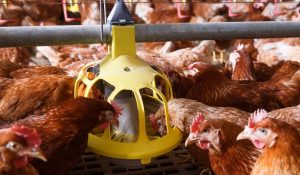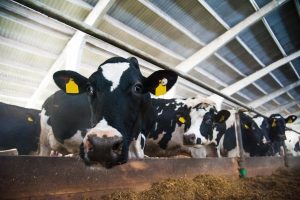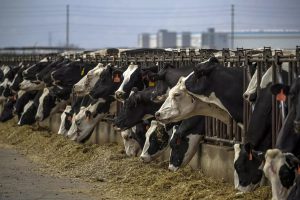Naig said according to the state veterinarian, dairy cows that test positive show a loss of milk production and while some mortalities have been seen, those were likely due to a secondary infection.
“We know there have been some mortalities which is why it’s important for us to get some compensation for these producers. Currently, they get USDA assistance for the loss of milk production, but we want to see assistance for those who have had to cull cows who never fully recover from the virus and also those cows which may die,” Naig added.
He said to this point the USDA has been good to work with when suggestions are made, and he hopes this won’t be any different. He also hopes to see adjustments made for poultry producers, so they receive the proper compensation for their losses as well.
EXHIBITION TESTING REQUIREMENTS SET
Positive farms are not under quarantine currently. The federal order requires fresh cows to be tested within seven days of being moved and showing a negative test.
To help minimize the potential spread of the virus, Iowa dairy exhibitors will be required to submit additional tests before their dairy cattle can be transported to a show. The Iowa Department of Agriculture and Land Stewardship (IDALS) announced an order for fairs and exhibitions that will go into effect on July 1, 2024. The order will require dairy exhibitors participating in Iowa fairs or exhibitions to complete testing for Highly Pathogenic Avian Influenza within seven days of moving into the exhibition.
“Our state thrives on youth agricultural experiences, and we don’t want to take that away from these kids,” Naig said. “We want to strike a balance between allowing our 4-H, FFA, and dairy exhibitors the opportunity to show their animals, while also requiring additional testing to protect our livestock and minimize the potential spread of the virus.”
BIOSECURITY, TESTING CAN HELP PREVENT SPREAD
Increased biosecurity is important during this time to help curb the spread of H5N1 in the state. Farmers outside of the testing radiuses have also been submitting tests. The Department encourages dairy farms not subject to mandatory testing to continue to voluntarily participate in testing to help with the broader research effort. Farms with cattle displaying clinical signs are required to report them.
USDA teams continue to try to better understand this virus and any links between cases. Naig said it is the department’s hope that this will help producers to better protect their livestock.
“By cooperating with testing protocols, welcoming epidemiological researchers, coordinating with USDA Wildlife Service professionals and many other steps, our farmers are helping to provide valuable information that will assist the industry well beyond Iowa’s borders,” said Secretary Naig.
As of June 25, Iowa has announced 11 positive cases of H5N1 within dairy herds in Iowa. “We should expect additional challenges ahead and as the situation continues to evolve, we will also continue to evaluate our response,” Naig said. “We continue to support our farmers through the joint state and federal response team who are navigating this evolving and unpredictable situation.”

